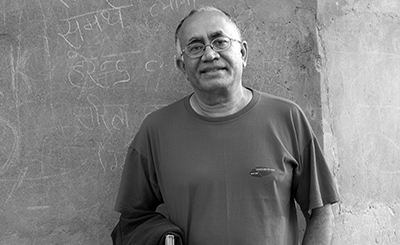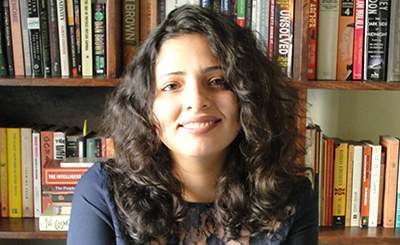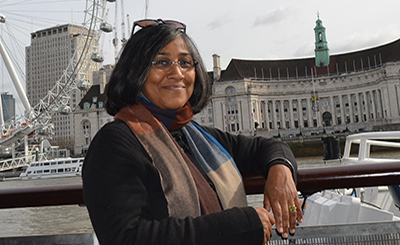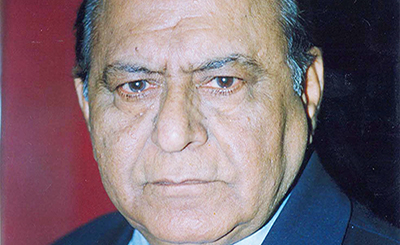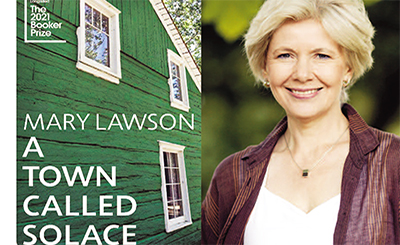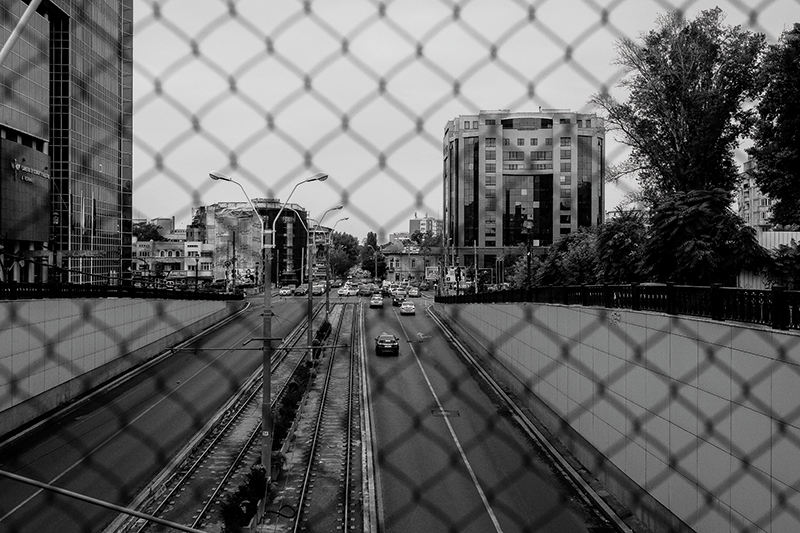
“A career mikva,” said Jude, smiling, when he told him this. “A free-market douche,” he countered. “An ambition enema.” “Ooh, that’s good!” But sometimes the parties — like tonight’s — had the opposite effect. Sometimes he found himself resenting the others’ definition of him, the reductiveness and immovability of it: he was, and forever would be, Willem Ragnarsson of Hood Hall, Suite Eight, someone bad at math and good with girls, an identity both simple and understandable, his persona drawn in two quick brushstrokes. They weren’t wrong, necessarily — there was something depressing about being in an industry in which he was considered an intellectual simply because he didn’t read certain magazines and websites and because he had gone to the college he had — but it made his life, which he knew was small anyway, feel smaller still. And sometimes he sensed in his former peers’ ignorance of his career something stubborn and willful and begrudging; last year, when his first truly big studio film had been released, he had been at a party in Red Hook and had been talking to a Hood hanger-on who was always at these gatherings, a man named Arthur who’d lived in the loser house, Dillingham Hall, and who now published an obscure but respected journal about digital cartography. “So, Willem, what’ve you been doing lately?” Arthur asked, finally, after talking for ten minutes about the most recent issue of The Histories, which had featured a three-dimensional rendering of the Indochinese opium route from eighteen thirty-nine through eighteen forty-two.
He experienced, then, that moment of disorientation he occasionally had at these gatherings. Sometimes that very question was asked in a jokey, ironic way, as a congratulations, and he would smile and play along — “Oh, not much, still waiting at Ortolan. We’re doing a great sablefish with tobiko these days” — but sometimes, people genuinely didn’t know. The genuine not-knowing happened less and less frequently these days, and when it did, it was usually from someone who lived so far off the cultural grid that even the reading of The New York Times was treated as a seditious act or, more often, someone who was trying to communicate their disapproval — no, their dismissal — of him and his life and work by remaining determinedly ignorant of it. He didn’t know Arthur well enough to know into which category he fell (although he knew him well enough to not like him, the way he pressed so close into his space that he had literally backed into a wall), so he answered simply. “I’m acting.”
“Really,” said Arthur, blandly. “Anything I’d’ve heard of?”
This question — not the question itself, but Arthur’s tone, its carelessness and derision — irritated him anew, but he didn’t show it. “Well,” he said slowly, “they’re mostly indies. I did something last year called The Kingdom of Frankincense, and I’m leaving next month to shoot The Unvanquished, based on the novel?” Arthur looked blank. Willem sighed; he had won an award for The Kingdom of Frankincense. “And something I shot a couple of years ago’s just been released: this thing called Black Mercury 3081.”
“Sounds interesting,” said Arthur, looking bored. “I don’t think I’ve heard of it, though. Huh. I’ll have to look it up. Well, good for you, Willem.”

He hated the way certain people said “good for you, Willem,” as if his job were some sort of spun-sugar fantasy, a fiction he fed himself and others, and not something that actually existed. He especially hated it that night, when not fifty yards away, framed clearly in the window just behind Arthur’s head, happened to be a spotlit billboard mounted atop a building with his face on it — his scowling face, admittedly: he was, after all, fighting off an enormous mauve computer-generated alien — and black mercury 3081: coming soon in two-foot-high letters. In those moments, he would be disappointed in the Hoodies. They’re no better than anyone else after all, he would realise. In the end, they’re jealous and trying to make me feel bad. And I’m stupid, because I do feel bad. Later, he would be irritated with himself: This is what you wanted, he would remind himself. So why do you care what other people think? But acting was caring what other people thought (sometimes it felt like that was all it was), and as much as he liked to think himself immune to other people’s opinions — as if he was somehow above worrying about them — he clearly wasn’t.
Page
Donate Now
More from The Byword
Comments
*Comments will be moderated





